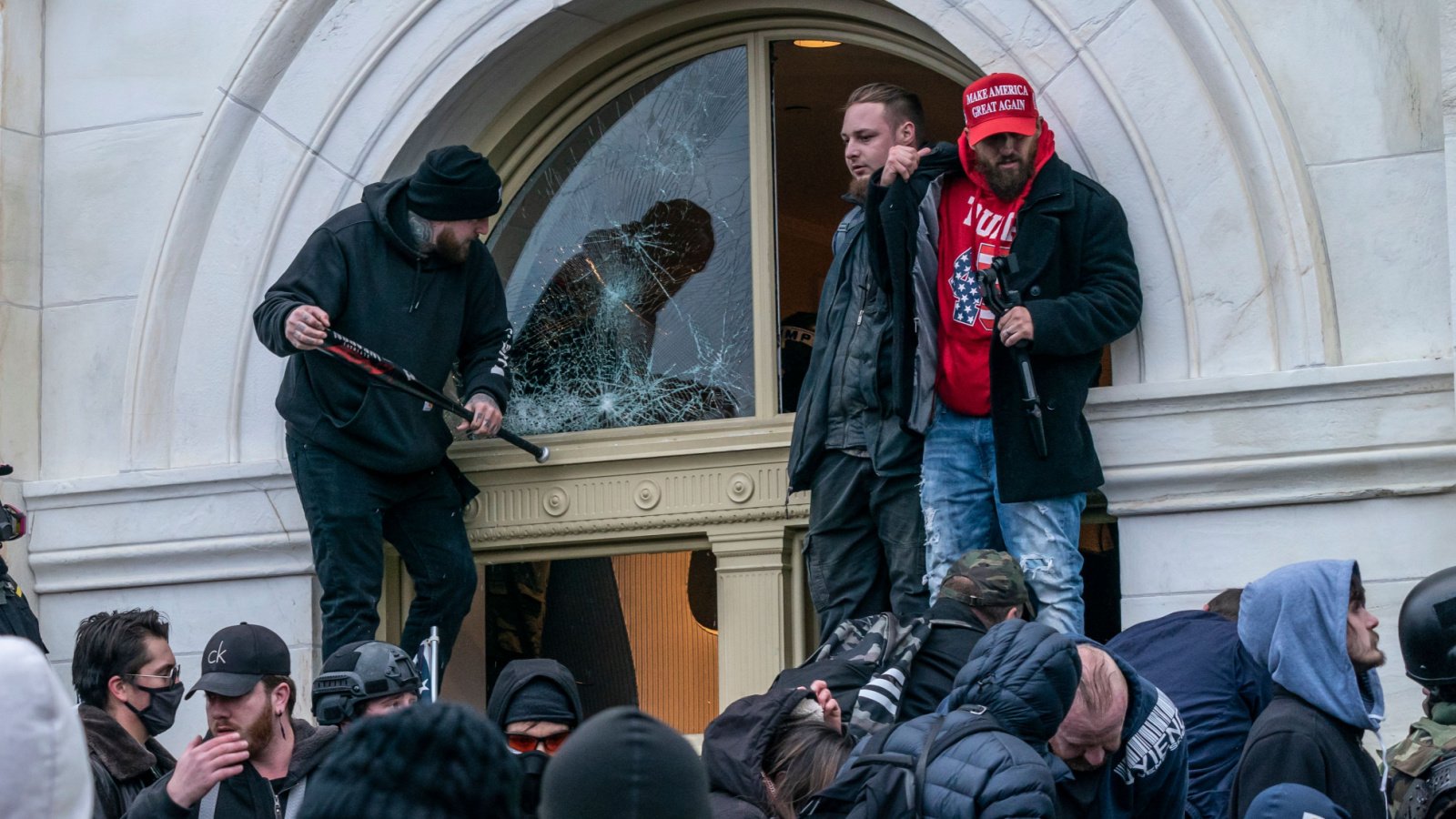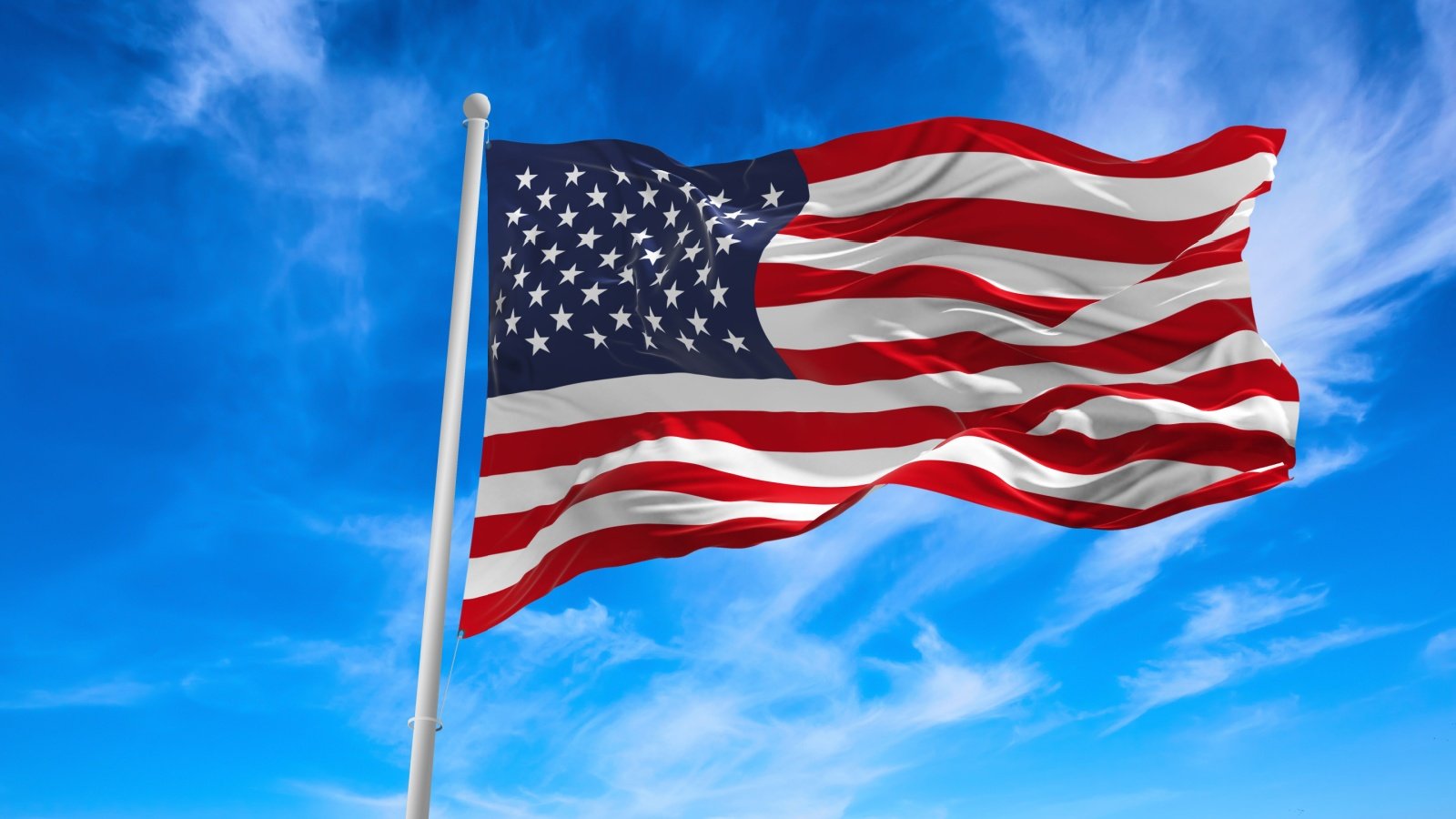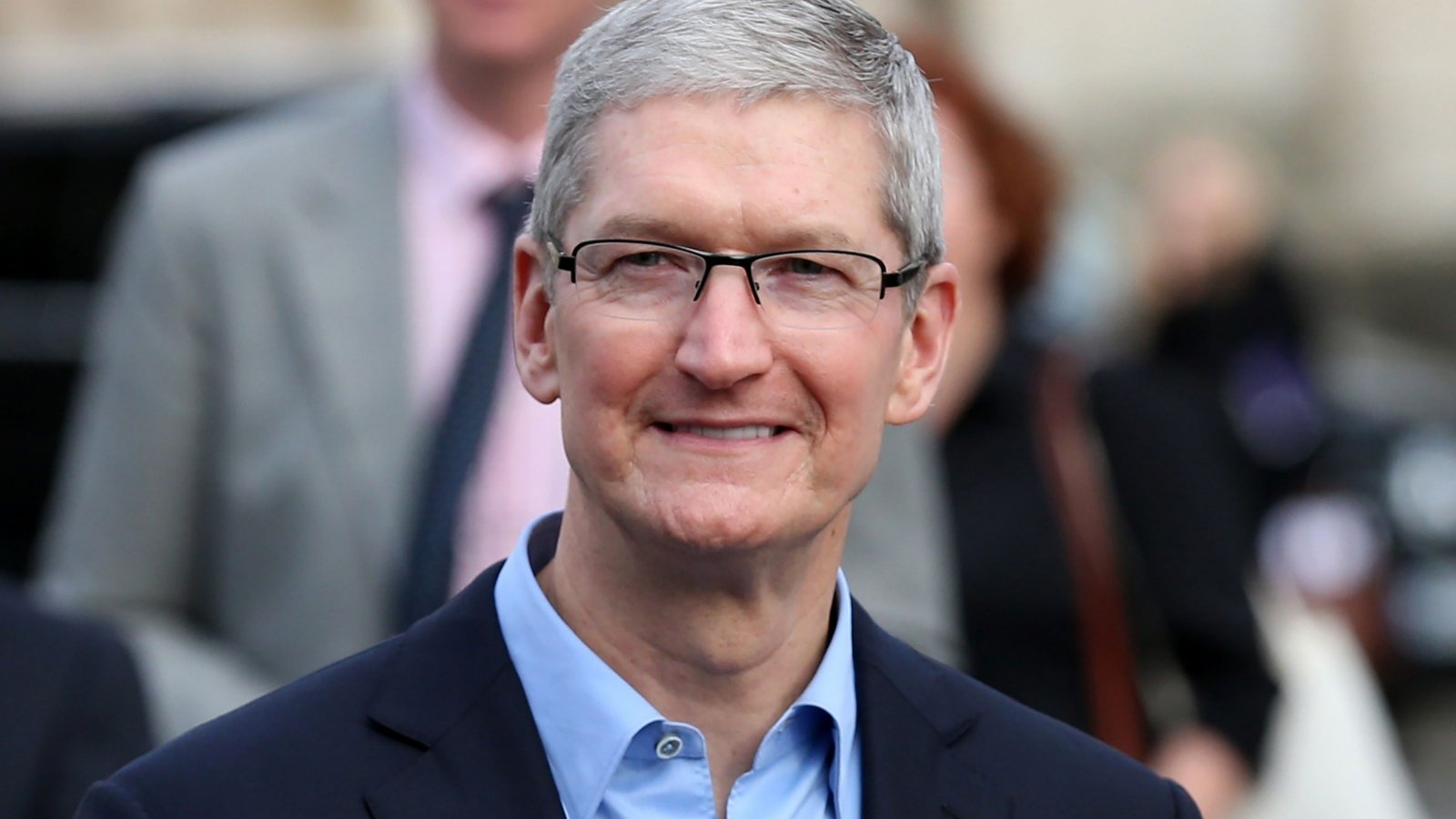The U.S. Supreme Court sat for arguments on a federal obstruction statute that has been widely used to prosecute individuals involved in the January 6 riot, including former President Donald Trump. This law has been a key tool for the Department of Justice in its broad legal actions following the Capitol breach, suggesting a growing concern among the justices over its application.
Challenge by Joseph Fischer
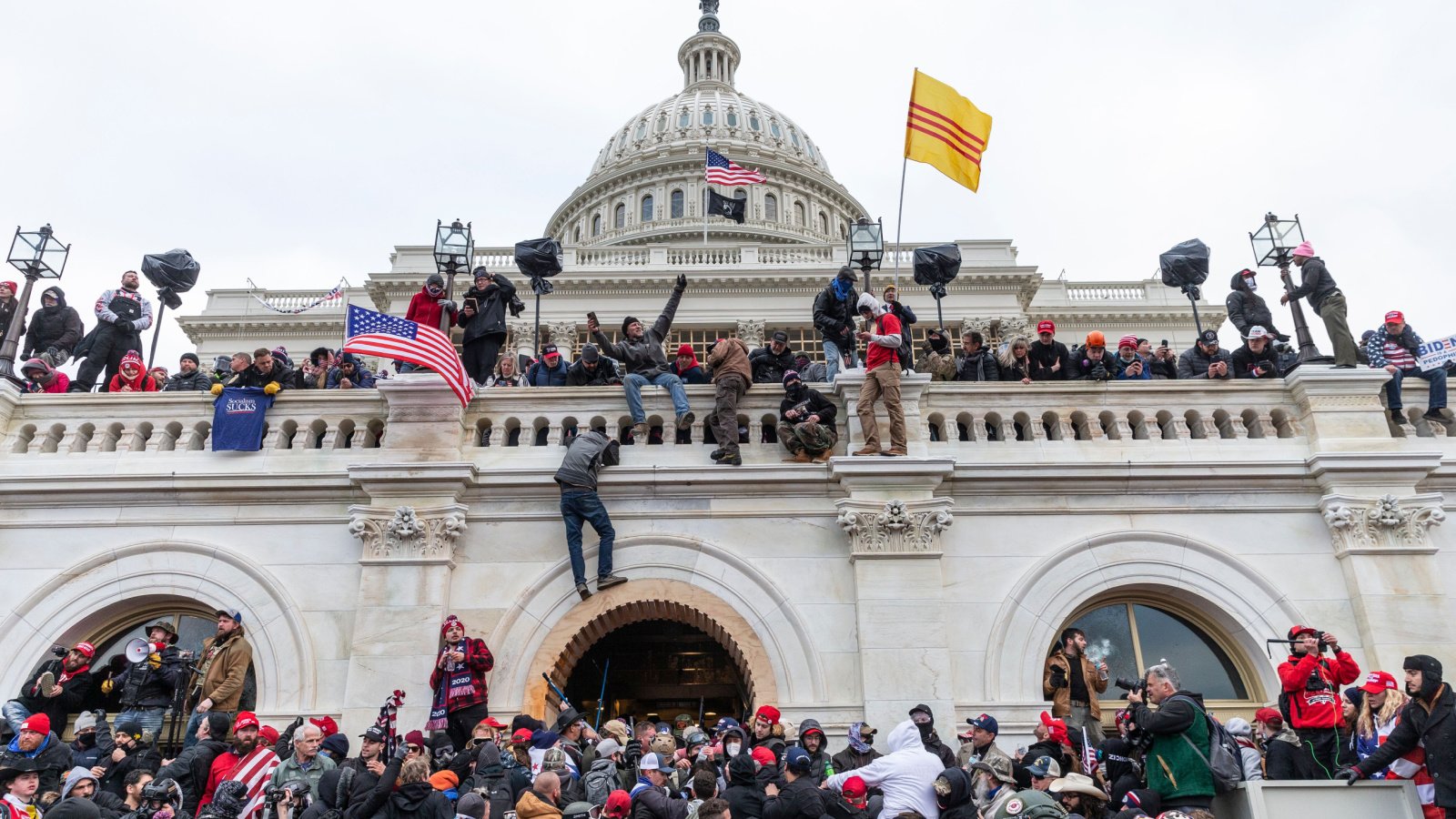
The case in question centers around Joseph Fischer, a former police officer who was part of the Capitol siege on January 6, 2021. Fischer is challenging the use of the federal obstruction statute, specifically aiming to have one of the multiple charges against him dismissed — that of obstructing an official proceeding.
Details of the Obstruction Statute

The statute, Section 1512(c)(2), targets anyone who corruptly obstructs, impedes, or interferes with official congressional inquiries and investigations. A conviction under this law can carry a severe penalty of up to 20 years in prison.
Defense’s Argument
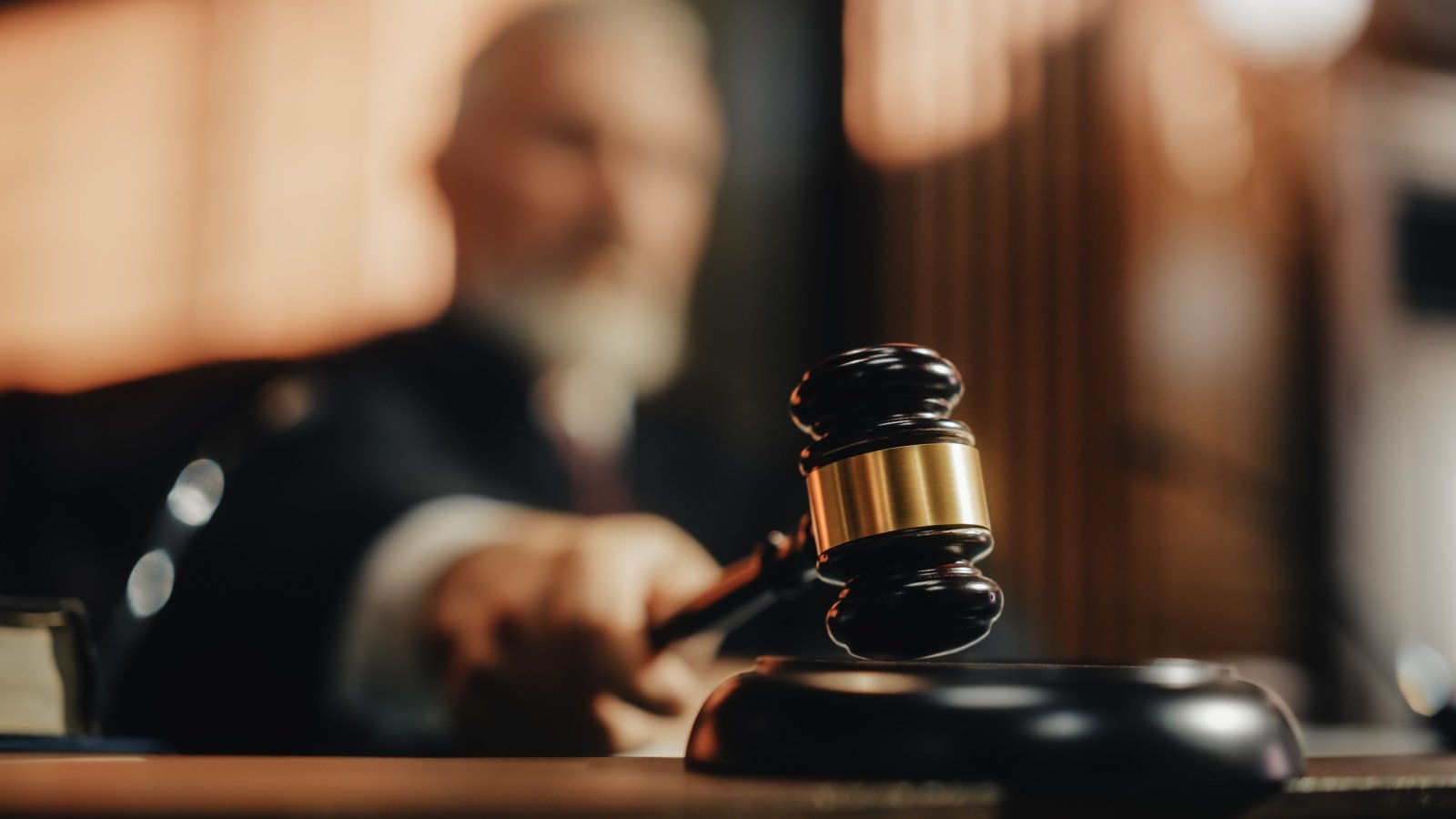
During the hearing, Fischer’s lawyer, Jeffrey Green, argued that the statute was originally intended to deal more narrowly with actions that directly affect the integrity or availability of evidence. Green suggested that the statute was not meant to cover actions that merely interfere with an official proceeding without tampering with evidence.
DOJ’s Counterargument
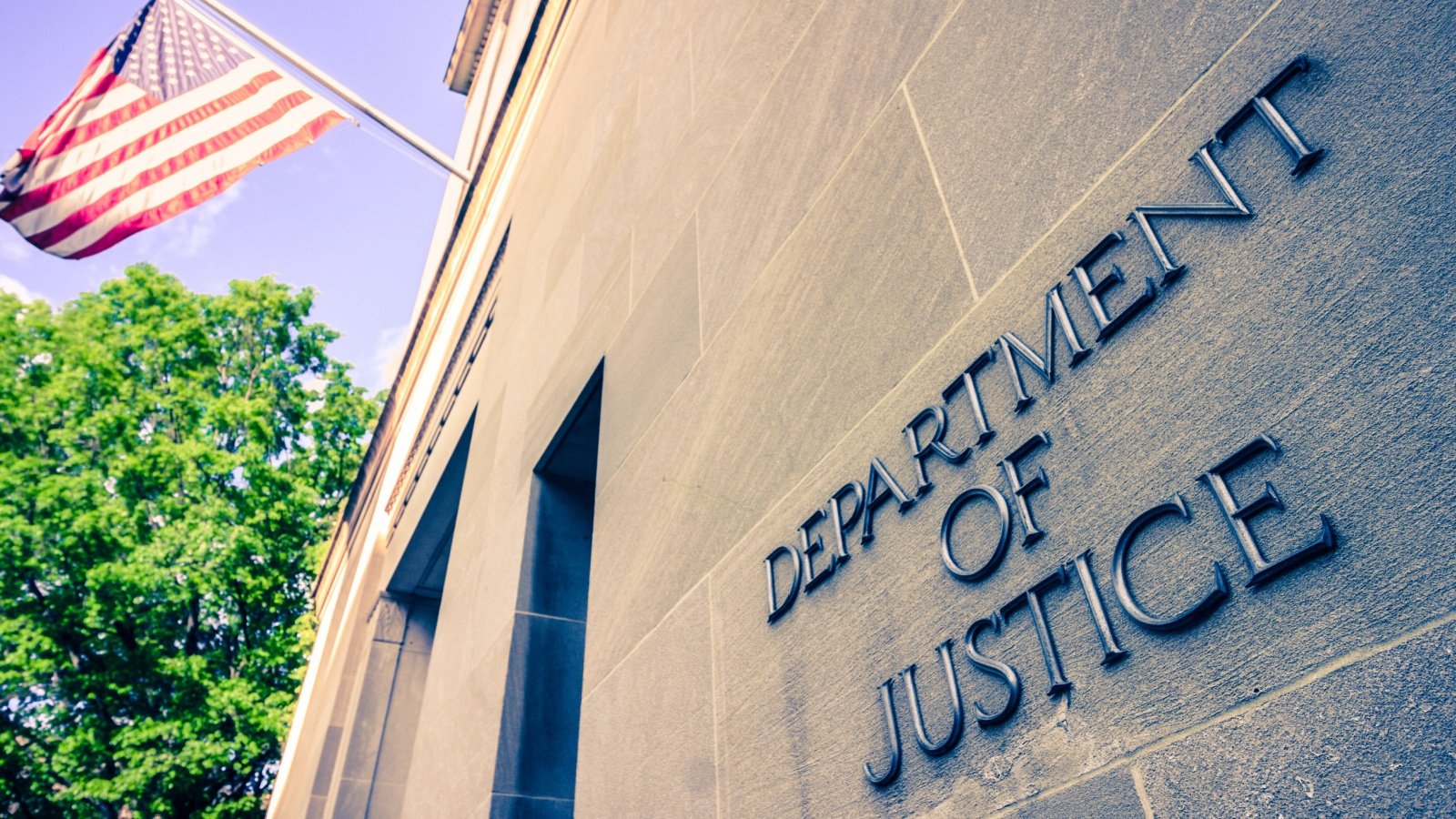
The Justice Department, however, countered that Fischer’s interpretation would place an unwarranted limitation on the statute’s reach. They defended the statute as a necessary catch-all designed to encompass a variety of obstructive behaviors, not limited to the destruction of physical evidence.
Statute’s Origins and Use
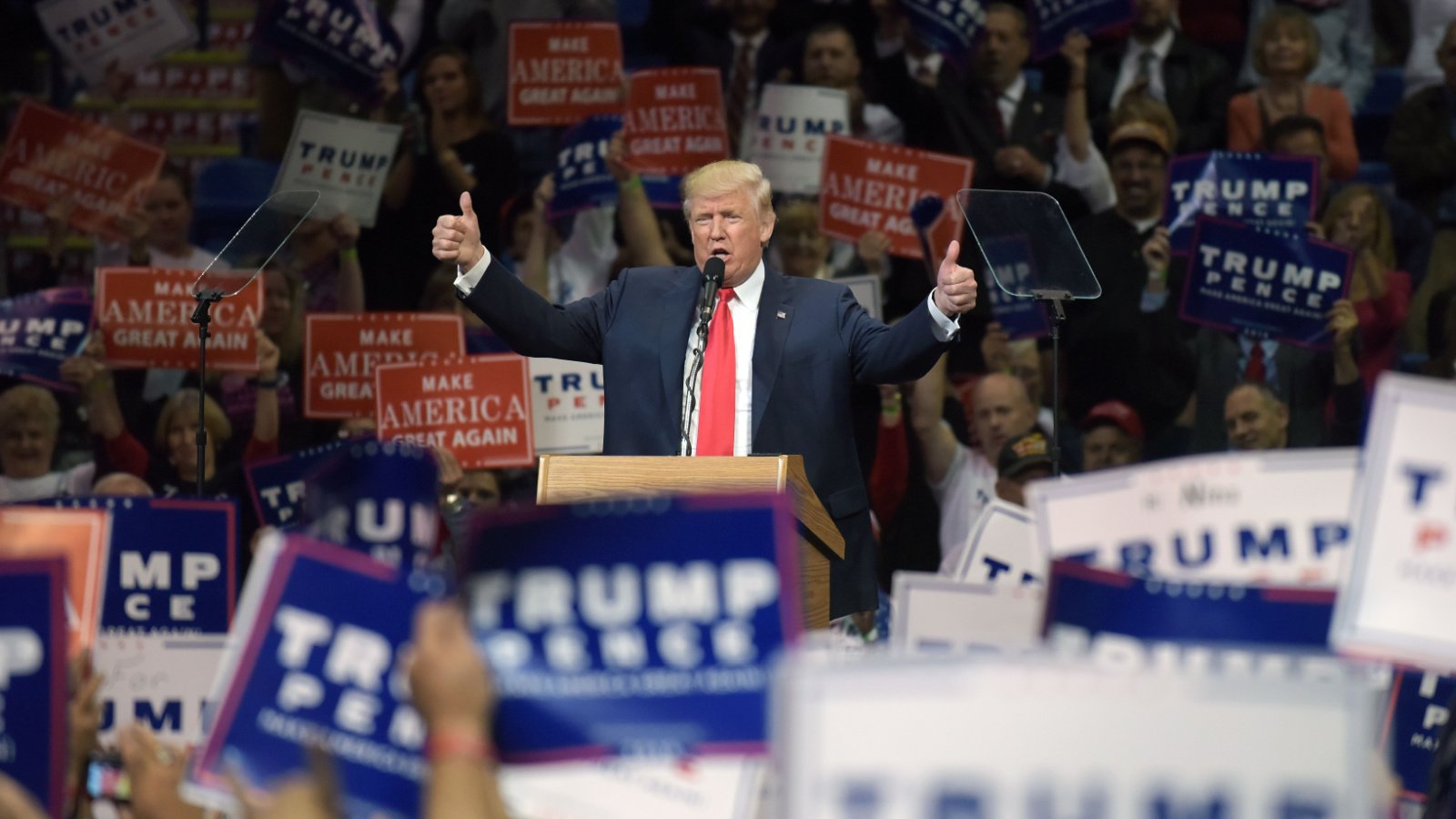
The obstruction charge was established in 2002 in the aftermath of the Enron scandal, primarily to tackle fraudulent activities involving the destruction of evidence by corporate executives. Since the Capitol riot, over 1,300 people have been charged, with approximately 353 facing accusations of obstructing Congress’s official Electoral College vote count — an essential step in confirming the 2020 presidential election outcome.
Supreme Court Justices’ Scrutiny
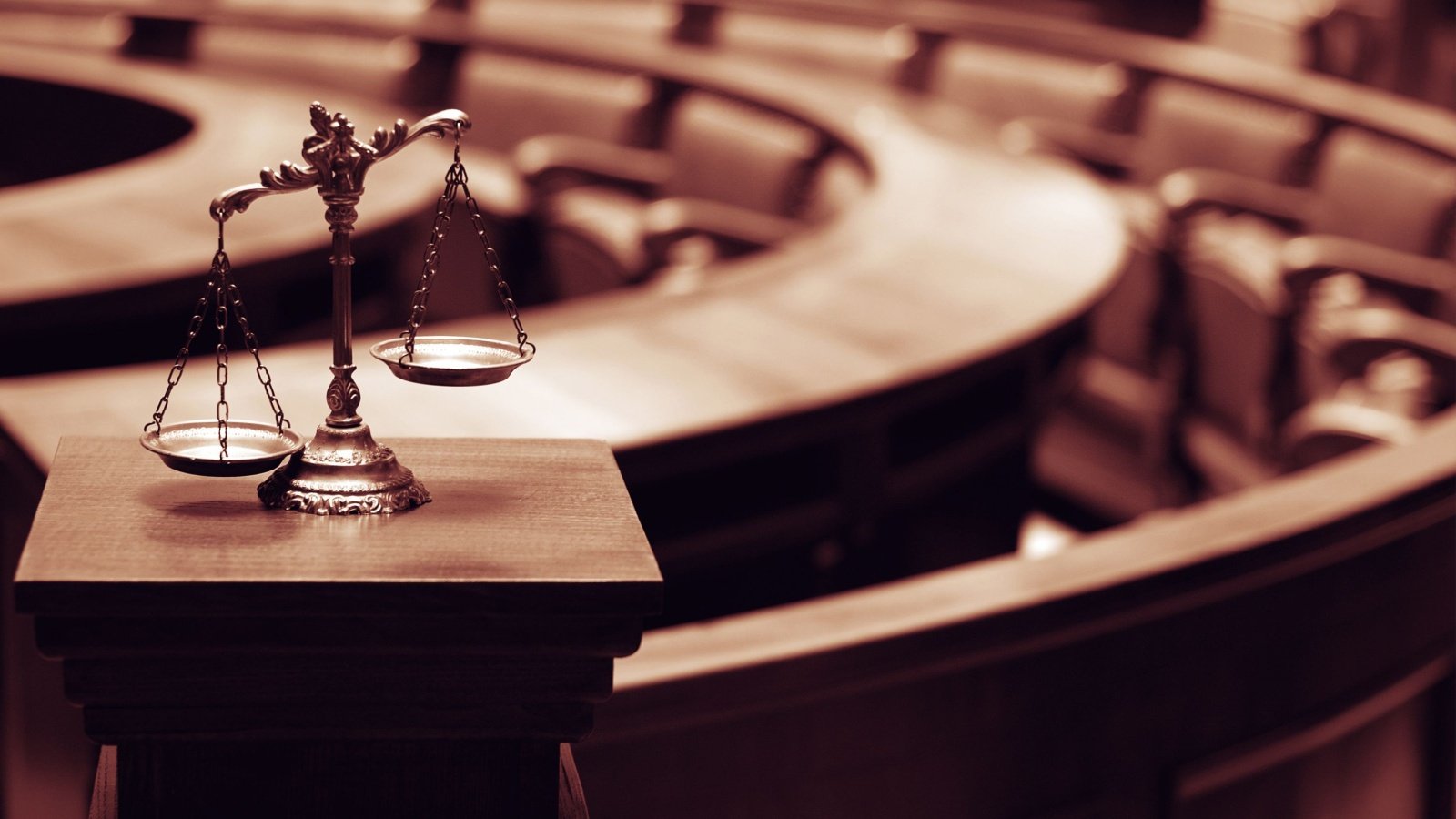
Some conservative members of the Supreme Court raised questions about the Justice Department’s previous applications of this statute, probing whether it had been used in contexts other than the Capitol riot. U.S. Solicitor General Elizabeth Prelogar acknowledged its use in cases involving breaches of grand jury secrecy or the exposure of undercover law enforcement officers.
Hypothetical Scenarios and Legal Boundaries
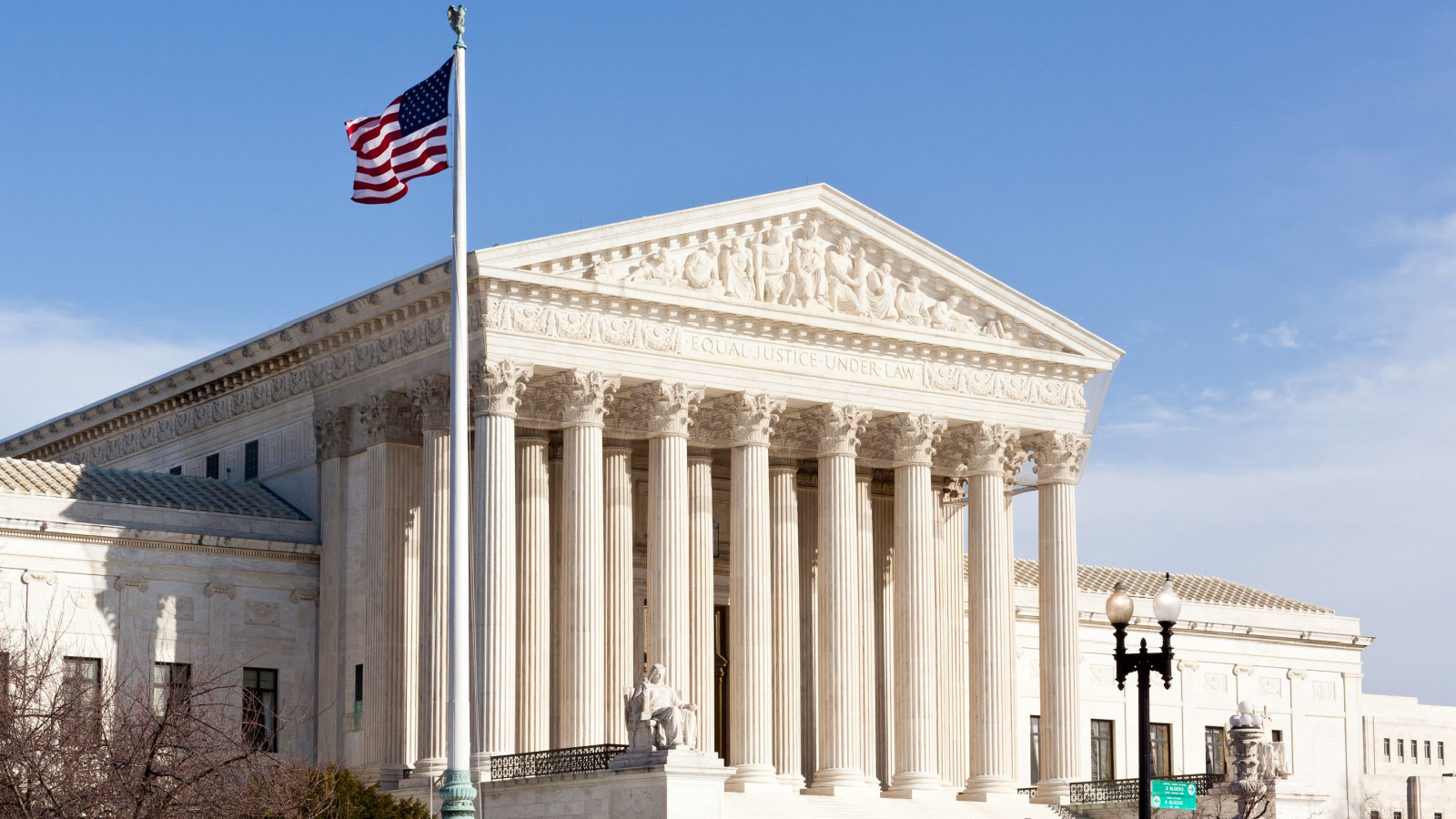
Justice Neil Gorsuch introduced hypothetical situations, such as disruptions in the court or emergency interruptions during Congressional votes, questioning whether such actions would fall under this law. Prelogar maintained that if the actions were performed corruptly and with intent, they would meet the statute’s criteria.
Importance of the Charge
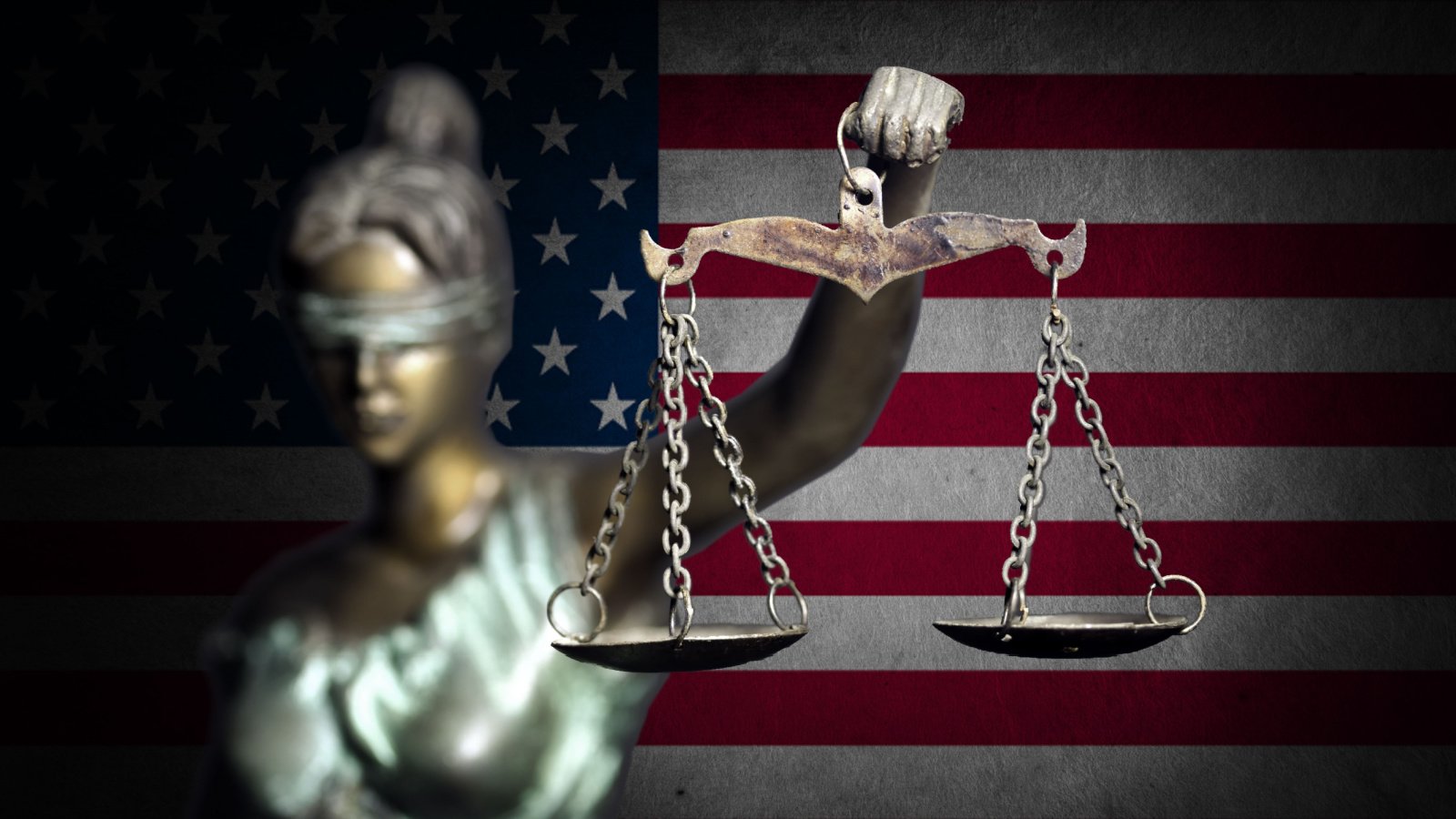
Prelogar also emphasized the charge’s relevance, especially in situations like the Capitol attack. She argued that the specific context of the riot and its tie to obstructing the certification process justified the use of this broad statute.
Query on Fischer’s Charges
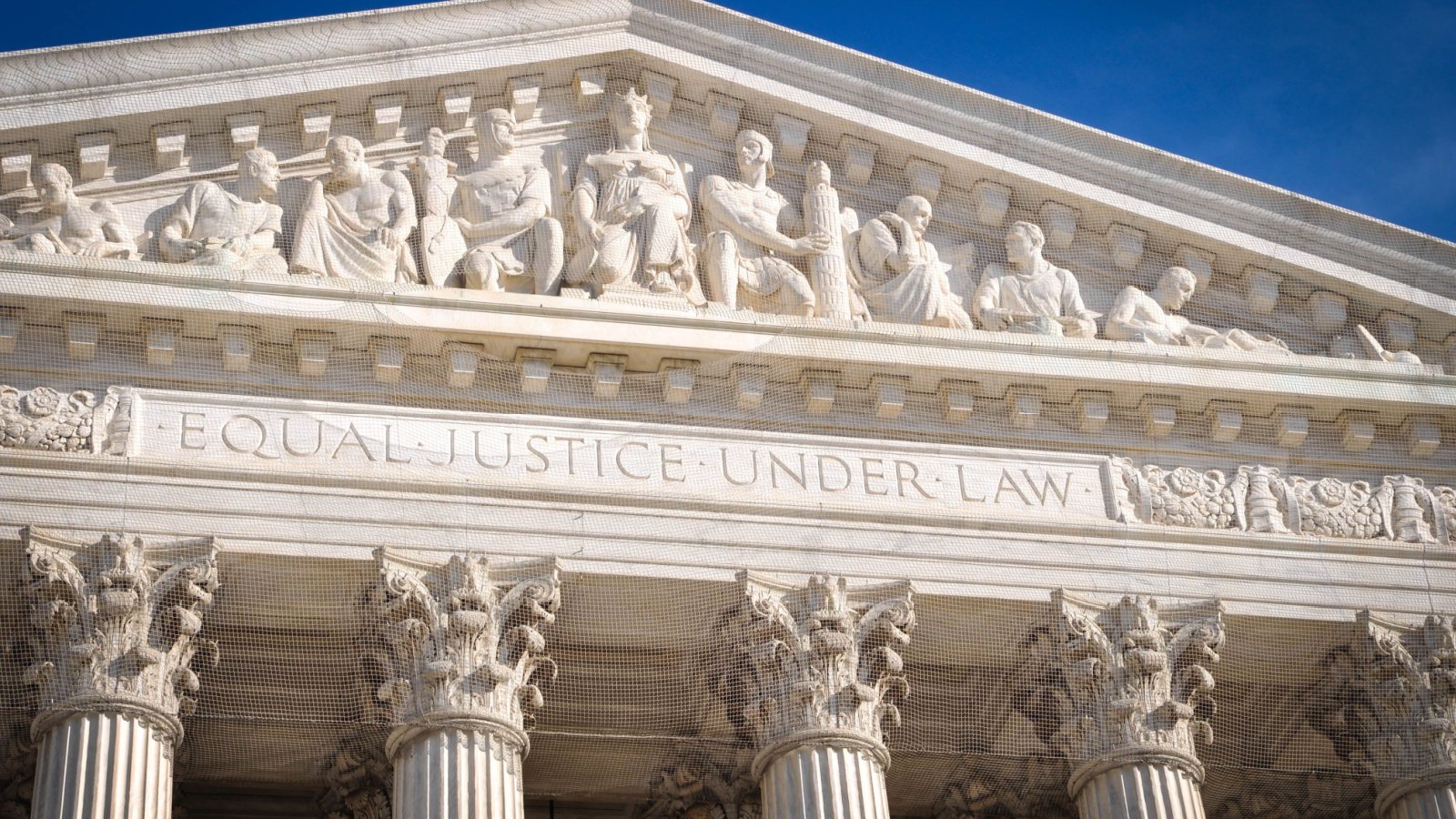
Justice Brett Kavanaugh inquired why the existing six charges related to January 6 were insufficient, questioning the necessity of the obstruction charge. Prelogar responded that the charge was essential to hold Fischer accountable for his actions aimed at disrupting the electoral certification.
Debate Over Statute’s Language
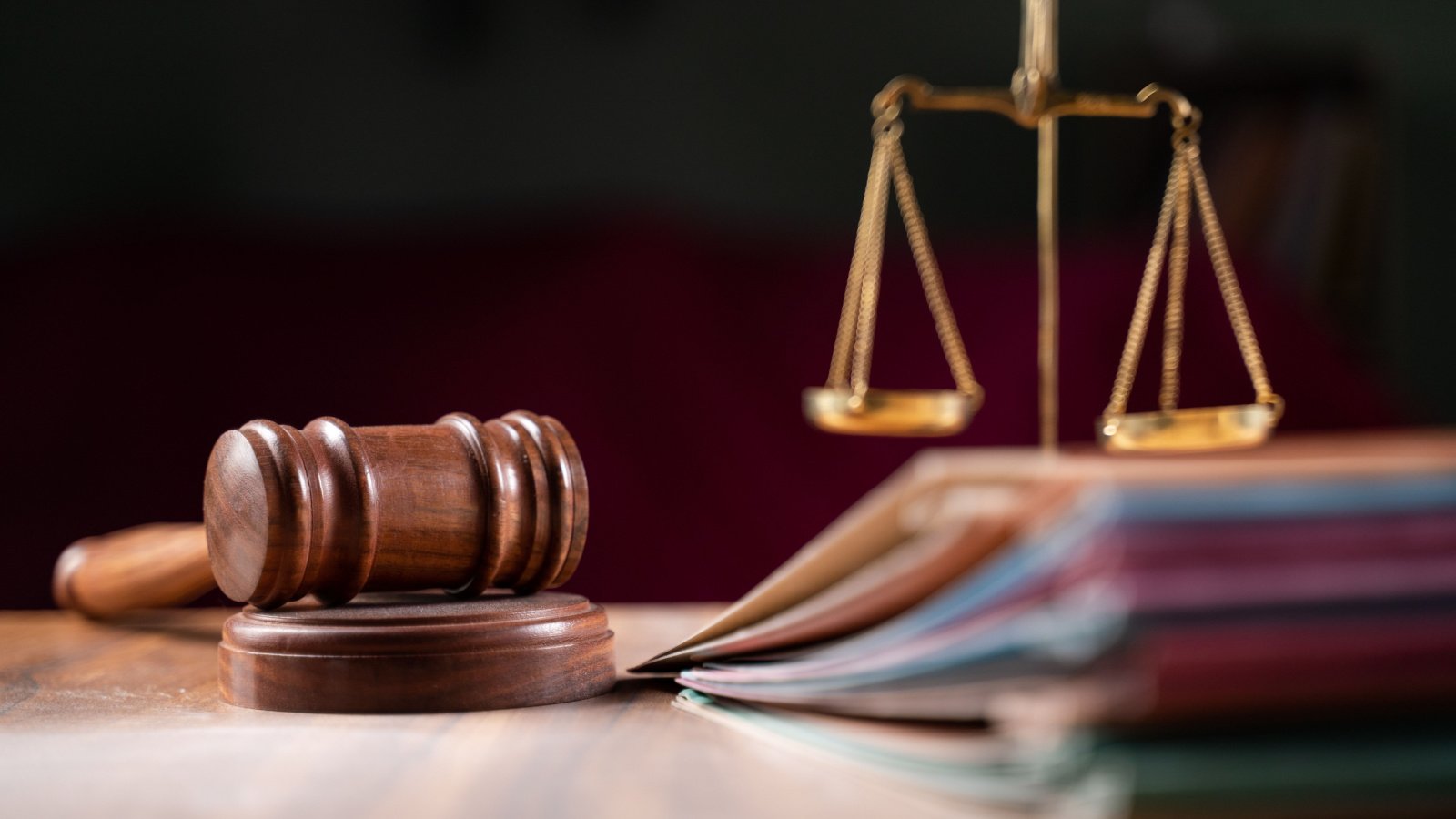
The justices focused on the specific language of the statute, particularly the use of “otherwise” to link record destruction with any act that obstructs or impedes an official proceeding. Fischer’s defense argued that the statute should be strictly about tampering with evidence, not broader obstructive actions.
Biden’s Past Comments and Judicial Interpretations
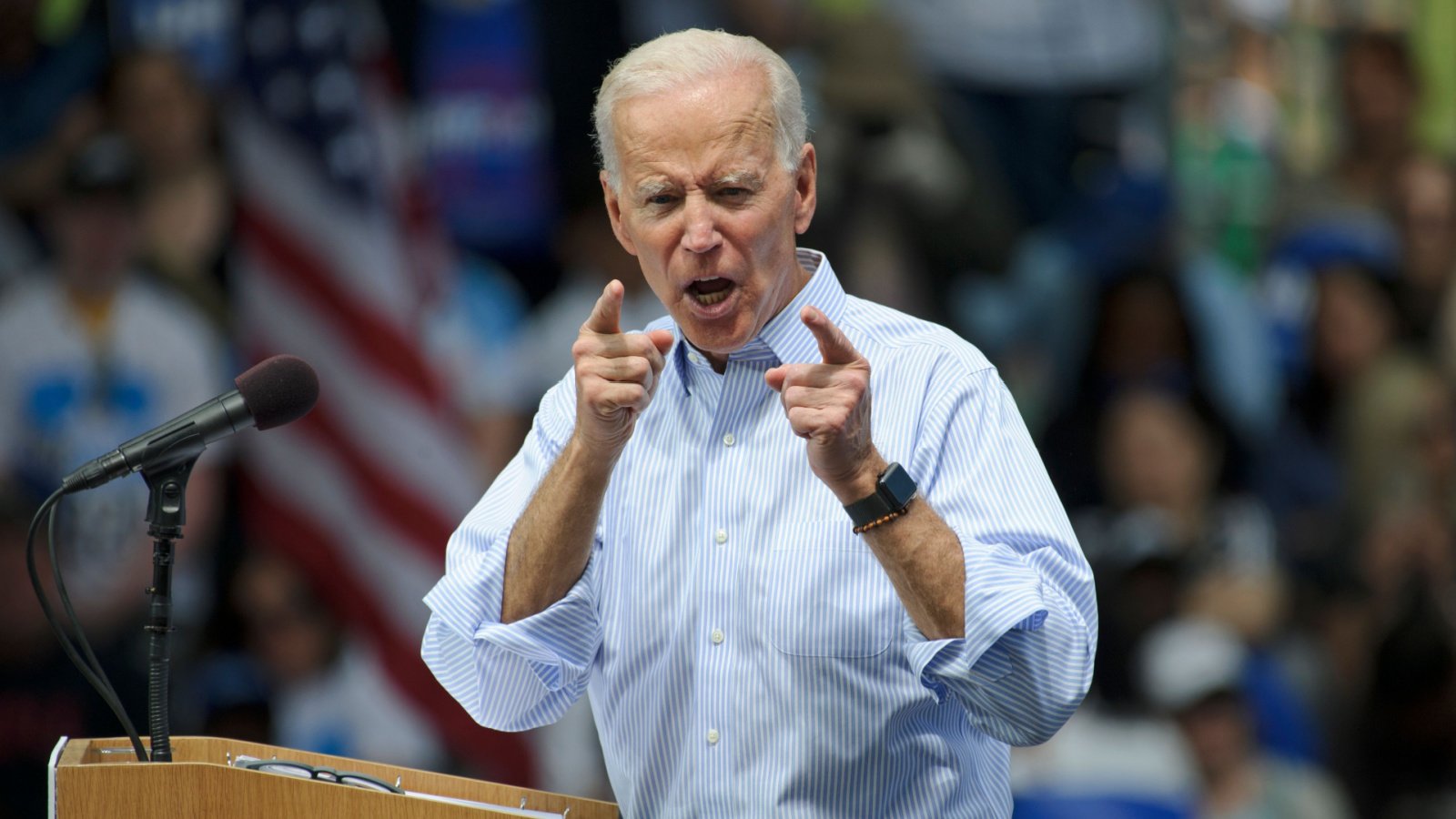
An interesting aspect of the legal debate was President Biden’s previous characterization of the statute as primarily about “document shredding,” cited by U.S. District Judge Carl Nichols. Nichols initially used this interpretation to dismiss a charge against another January 6 defendant, though this decision was overturned by the appeals court.
Potential Implications for Trump
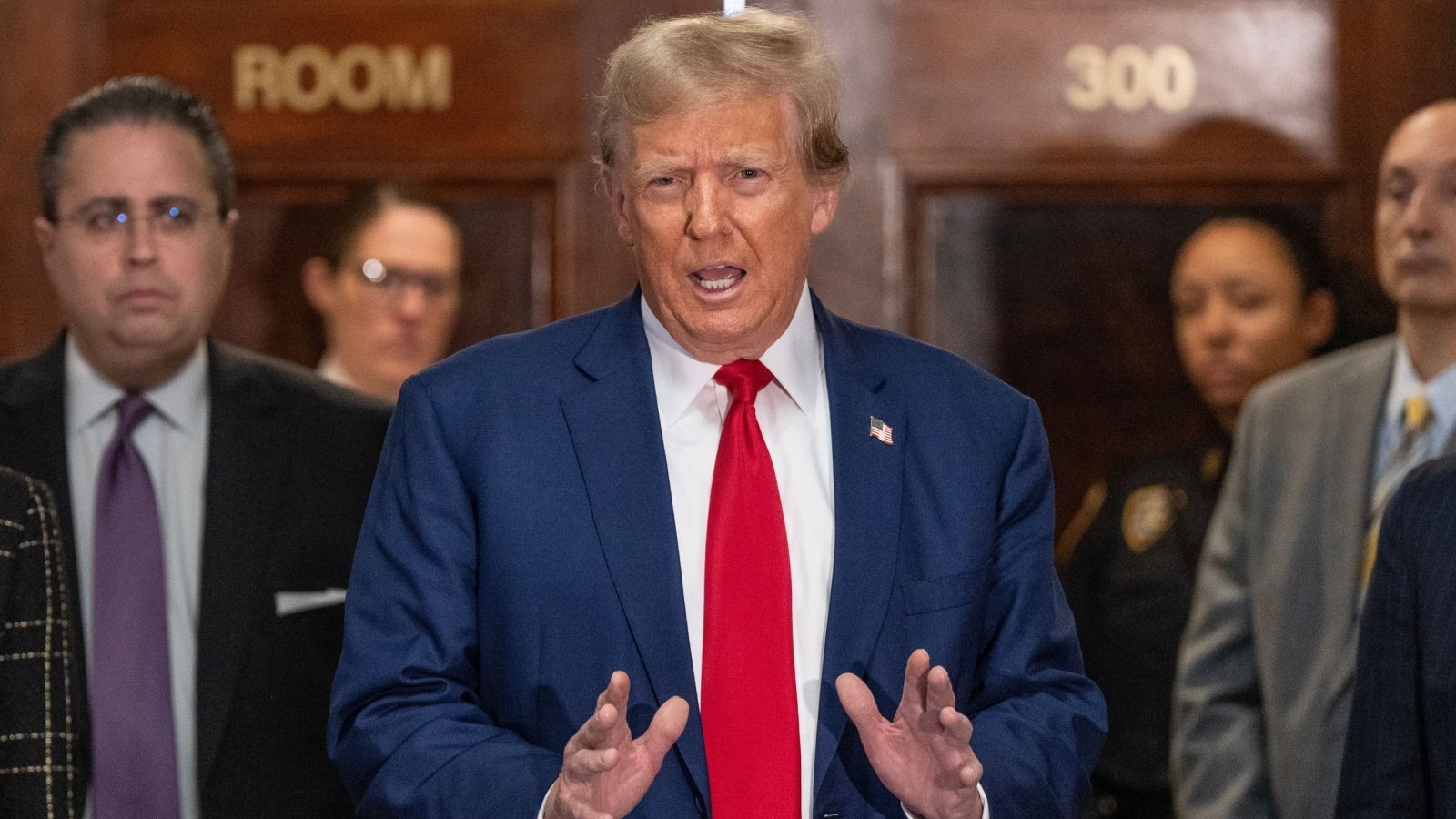
The outcome of the Supreme Court’s decision could significantly impact those charged in relation to January 6, including Trump, who faces related charges in his federal election interference case. Trump’s trial in Washington, D.C., is currently paused as the Supreme Court deliberates on his presidential immunity challenge, set for oral arguments soon.
Trump on Trial in Manhattan
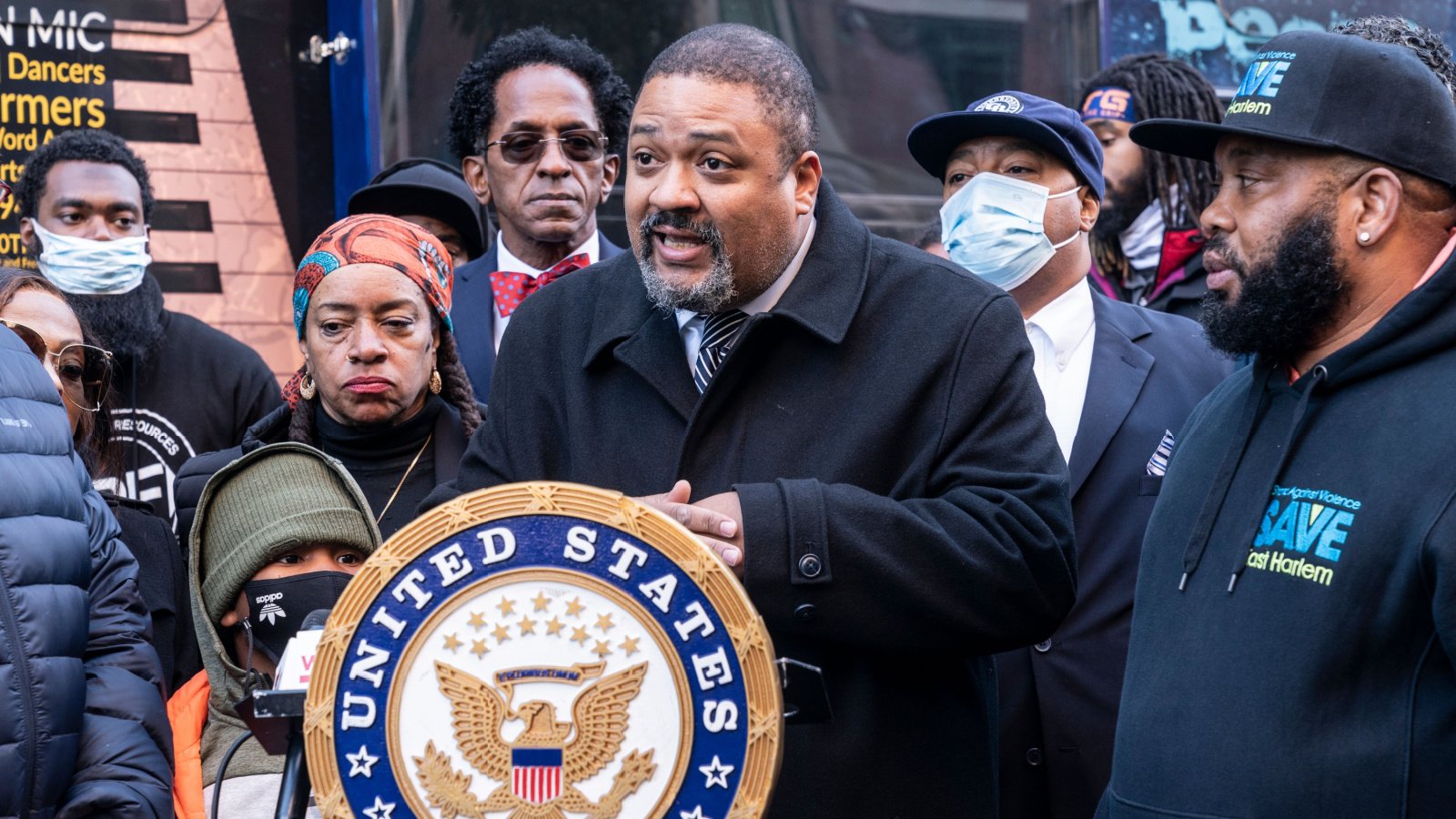
Simultaneously, Trump is involved in a trial in Manhattan over a hush money deal from the 2016 election. Despite these concurrent legal battles, the judge in Manhattan ruled that Trump cannot skip the proceedings to attend the Supreme Court oral arguments.



